
Glaucoma Overview
Glaucoma is a disease of the optic nerve and it is a leading cause of blindness. It is a serious eye disease that needs to be treated in order to avoid the risk of loss of the vision. Glaucoma occurs due to increased pressure in the eye (intraocular pressure). Our eye produces fluid known as aqueus humor that provides nourishment to the structures of the eye. This fluid is filtered out from the eye through drainage system at the angle of the eye. If drain canals are impaired due to high intraocular pressure it results in excess aqueus humor build up in the eye. That can lead to severe damage to the optic nerve. The optic nerve normally transmits the images to the brain. However, if the optic nerve is damaged it can result in development of small blind spots in the peripheral vision and its gradual loss. Persistent elevated intraocular pressure and complete damage to the optic nerve can cause irreversible blindness. Glaucoma should be treated in early stages to prevent visual loss. The symptoms that may indicate that you are suffering from glaucoma are blurred vision, headaches, severe eye pain, reddening of the eye, halos around lights, nausea and vomiting. If you experience these problems seek immediate care of an ophthalmologist.
Eye Drops for Glaucoma
Treatment for glaucoma aims to reduce intraocular pressure and improve drainage of aqueus humor thus protect against damage to the optic nerve. Glaucoma can be treated with eye drops, surgery or laser procedures. Still, eye drops are most commonly used for treating glaucoma. They must be taken regularly and only as prescribed. There are different types of eye drops and they are classified according to their active ingredient.
Beta BlockersThese eye drops are used to reduce the production of aqueus humor. They include Timoptol, Nyogel, Teoptic, Betagan and Betoptic. These eye drops are associated with several side effects among which asthma is the major one. Other side effects include dizziness, slowed pulse, low blood pressure, fatigue, depression, impotence, memory loss, low sex drive and weakness. Beta blockers are not recommended to people suffering from asthma, bronchitis or emphysema.
Alpha Antagonists
These eye drops reduce production of eye fluid and improve drainage. They include Alphagan and Iopidine. Possible side effects of this type of eye drops include dry mouth, fatigue, dizziness and red, itchy or swollen eyes. Alphagan may induce nightmares in children.
Prostaglandin/Prostamide AnaloguesThis type of eye drops includes Xalatan, Lumigan and Travatan. They are given to improve outflow of aqueus humor. They entail side effects such as reddening and stinging of the eye, darkening of the iris and change in the eye color, especially in people with green or hazel eyes.
Carbonic Anhydrase InhibitorsThis type of eye drops helps to reduce the production of aqueus humor. They include Trusopt and Azopt. Adverse effects of these eye drops include bitter taste, frequent urination and sense of tingling in the fingers and toes.
Cholinergic AgonistsThese include Pilocarpine which improves outflow of fluid in the eye. Possible adverse effects include pain in the eye, headaches, blurred vision, stuffy nose, sweating and nearsightedness.
Combinations
For patients who require two types of eye drops, there are combinations of drops in the same bottle available. They include Cosopt, which is a combination of Trusopt and Timoptol, and Xalacom, a combination of Xalatan and Timoptol.


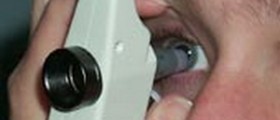
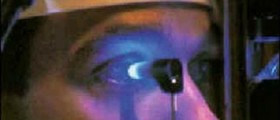



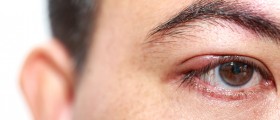
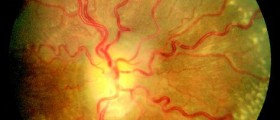


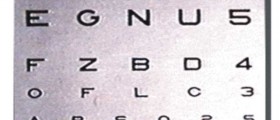
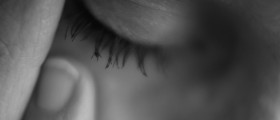
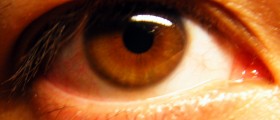
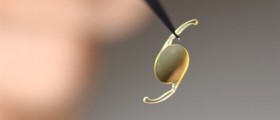
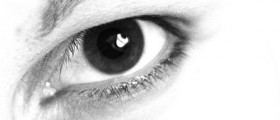

Your thoughts on this
Loading...